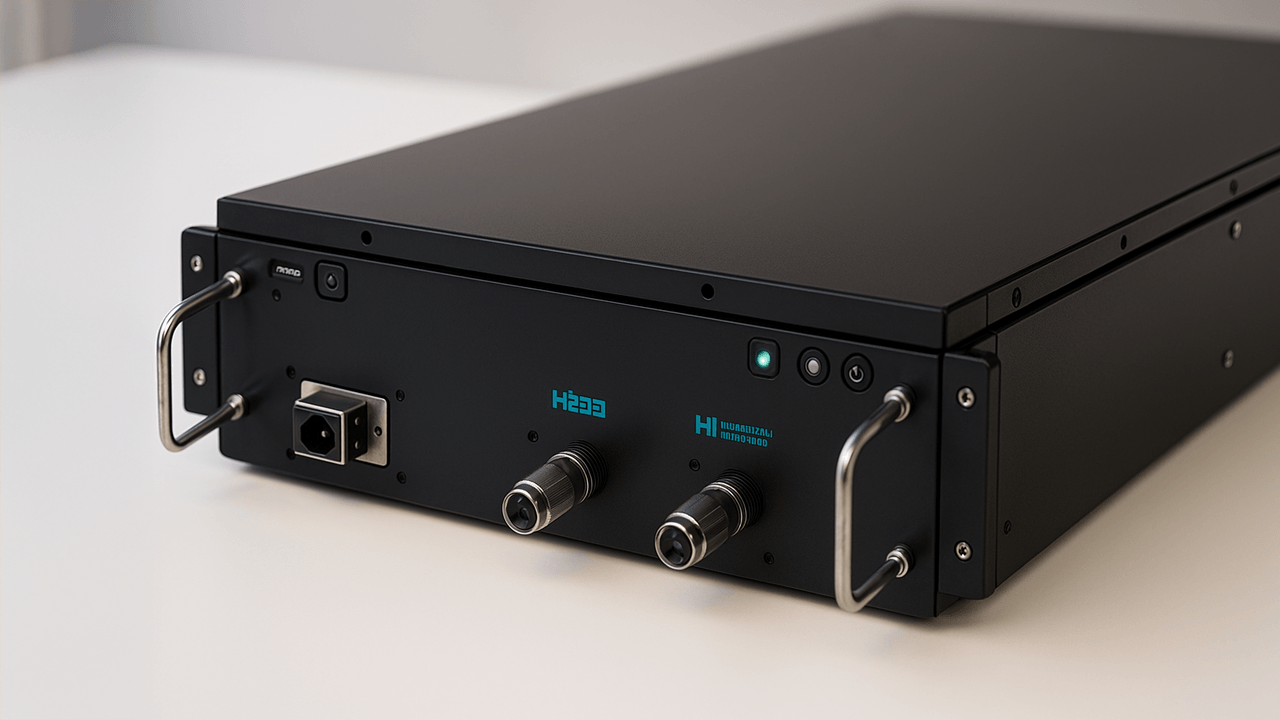
Ethiopia is rising as a major participant in Bitcoin mining, with native operations now accounting for two.5% of the worldwide hash charge.
On Dec. 4, native Bitcoin miner Kal Kassa acknowledged:
“Bitcoin miners in Ethiopia now command 2.5% of the worldwide hash-rate. If developments proceed, in line with Ethiopian Electrical Energy (EEP), this can greater than double inside one yr.”
This aligns with statements made by Ethan Vera, co-founder and COO of Luxor Mining, who famous that the EEP experiences native operations already consuming 600 MW of energy. By year-end, that quantity might rise to 1 gigawatt, representing as a lot as 7% of the worldwide Bitcoin community’s hashrate.
Ethiopia’s 2.5% contribution to the worldwide Bitcoin hash charge would place it among the many high 5 Bitcoin mining nations, becoming a member of established leaders like the US, China, and the Czech Republic.
Chinese language miners flock to Ethiopia
In the meantime, the African nation’s rise as a mining hub follows China’s 2021 ban on Bitcoin mining, which prompted many Chinese language miners to relocate.
Corporations like Bitmain-backed BitFuFu have acquired giant mining operations in Ethiopia. Bitmain itself has additionally supported infrastructure growth within the area.
Equally, BIT Mining has additionally not too long ago entered the Ethiopian market, buying a 51 MW Bitcoin mine and 17,869 mining rigs for $14.3 million
Ethiopia’s attraction stems from its abundance of hydropower and surplus renewable power. The federal government has actively labored to place the nation as a Bitcoin mining hub, with the state-owned EEP producing over $55 million in income over the previous 10 months from agreements with 25 Bitcoin mining firms.
Boyd Cohen, a Bitcoin mining advocate, highlighted the broader financial implications of this shift. He urged that early-adopting Bitcoin international locations might emerge as new financial leaders within the coming a long time, witnessing a significant redistribution of wealth.




















